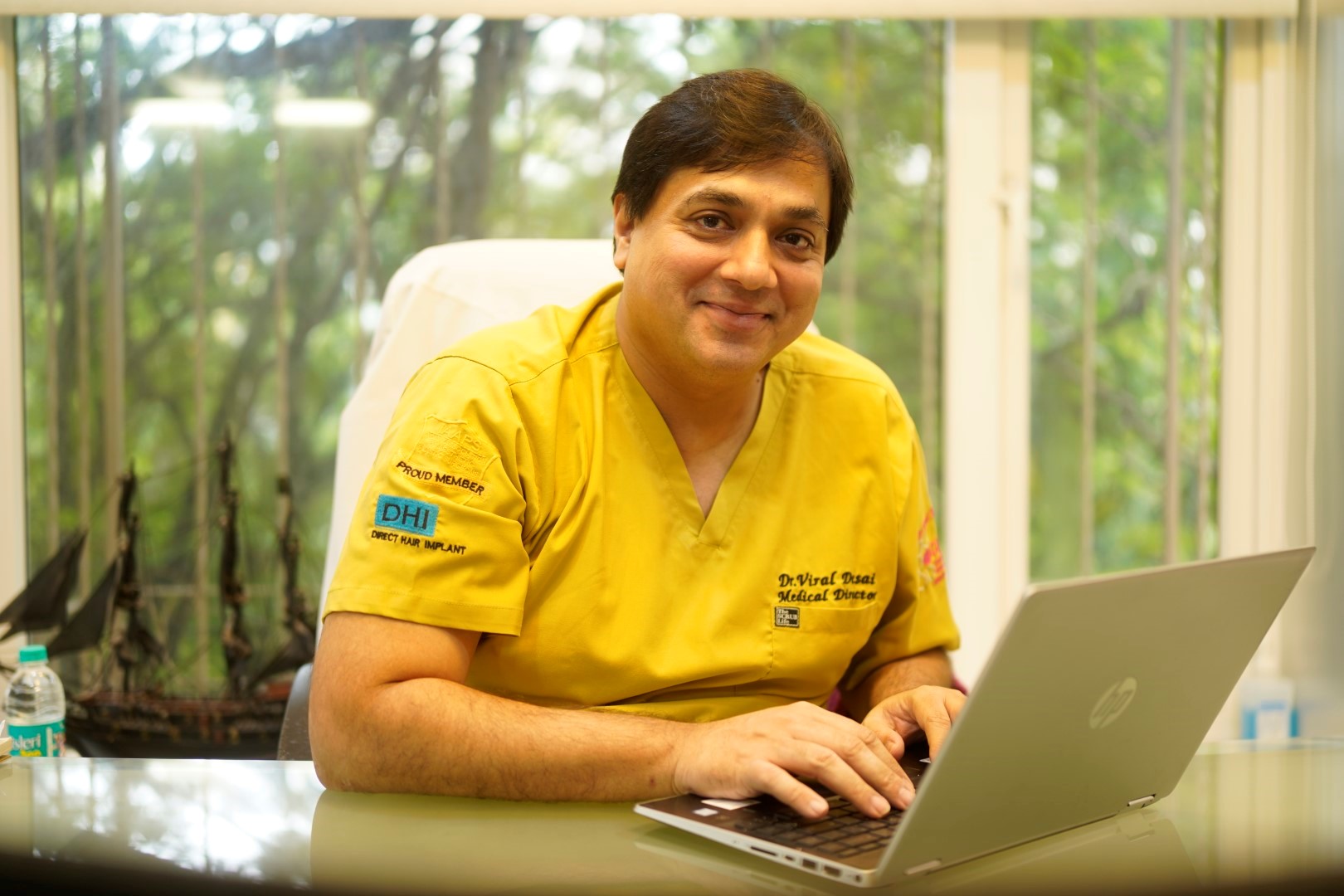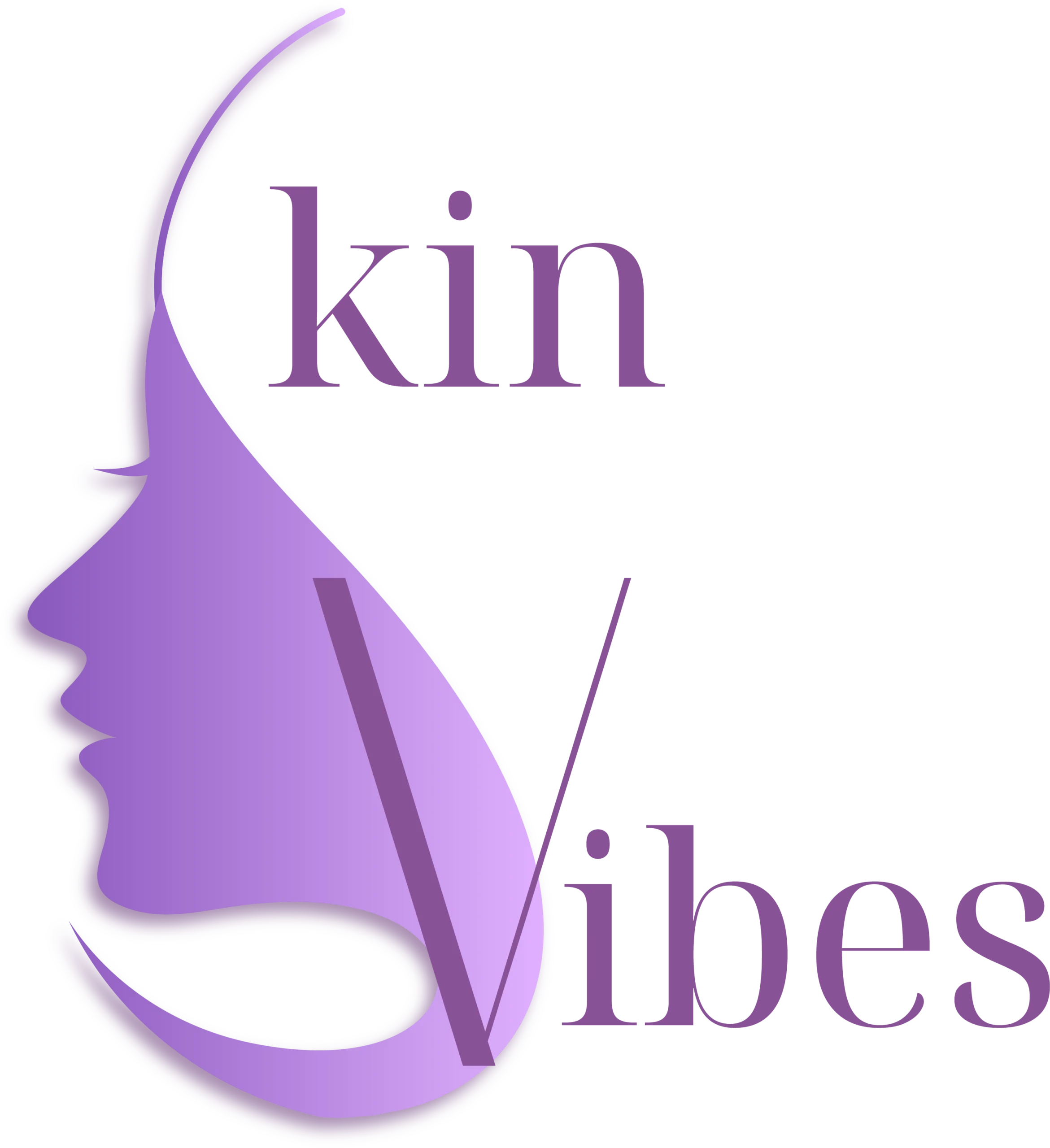Acne Treatment In Santacruz
Did you know that acne occurs when the skin’s pores get blocked by oil and dead skin, leading to pimples?
To treat acne, you can use creams, take medication, or make lifestyle changes like eating healthier to clear up the skin and prevent new breakouts. Key factors include hormonal changes, genetics, and lifestyle.
Experiencing acne? Fear not! At Skin Vibes Clinic, we understand the individuality of each acne case. Under the guidance of Dr. Viral Desai, our clinic in Santacruz is dedicated to providing tailored treatments to address your specific needs. Ready for clear, beautiful skin? Reach out today and start your journey. Do you know? Acne varies by type, affecting teenagers and adults with conditions ranging from non-inflammatory blackheads to painful inflammatory cysts.
Types of Acne
Our team follows a precise process when administering dermal filler treatment.

| Type | Causes |
| Teenage Acne | Hormonal changes, oil production |
| Adult Acne | Stress, hormones, genetics |
| Non-inflammatory Acne | Excess oil, dead skin cells |
| Inflammatory Acne | Bacteria, inflammation |
| Back Acne (Bacne) | Excess oil production, bacteria |
| Post Acne Pigmentation | Damage to melanocytes, sun exposure |
It’s essential to recognize the type of acne to select the most appropriate treatment strategy.
For personalised advice and treatments, consulting with a dermatologist is recommended. Ready to tackle acne? Contact a dermatologist for different treatment options.
Excited to learn about the success rates of our acne treatments? Let’s dive in and discover how we can help you achieve clearer skin!
Success Rate of Our Acne Treatments
Wondering about the cost of acne treatment in Santacruz? Let’s discuss your options and find a plan that fits your budget!
High Success Rate: Our acne treatment products help improve your skin and reduce acne breakouts.
Tailored Approach: Through personalised therapy that is tailored to each patient’s given case we achieve a better result rate.
Patient Satisfaction: Lots of our customers say their skin looks much better and they feel more confident after using our acne treatments.
Long-lasting Results: Our therapy aims to do more than just clear current pimples; it also works to stop new ones from forming. This way, we can ensure lasting results for smoother, clearer skin.

Curious about the results? See the amazing transformations in our before and after pictures! Ready to say goodbye to acne? Reach out and let’s start your journey to clear, radiant skin!
Why Choose Us For Acne Treatment In Santacruz?
Choosing an acne treatment provider is an important decision.
Here are some reasons why you might consider us:

Expert Care: Our clinic has a skilled team of skin care specialists who offer top-notch advice and solutions.
Proven Success: Our treatments have successfully helped many patients improve their skin conditions.
Personal Touch: Each treatment plan is carefully customised to fit your unique needs and skin concerns.
Friendly Service: Our team is known for being supportive, understanding, and ready to help with a smile.
Latest Techniques: We stay updated with the newest skin care methods to provide you with the best possible care.
If you want to know more, just come talk to us! We’ll look at your skin and figure out the best way to help you.
Reach out to schedule your acne treatment and take the first step towards clear, healthy skin!
Are you overwhelmed with the choices?
Please contact our team to understand the right filler type and amount for your needs.

Dr. Viral Desai
Dr. Desai is widely recognized as India’s top cosmetic surgeon. His innovative techniques and commitment to patient care make him the preferred choice for individuals seeking safe and effective surgical results. Dr. Desai specializes in a range of procedures, including advanced treatments for acne, helping patients achieve clear, radiant skin.
As the founder of Skin Vibes Clinic, Dr. Desai combines his expertise with a commitment to patient-centered care, ensuring personalized attention and top-quality treatment. He is also an esteemed speaker and coach, sharing insights with audiences worldwide. His dedication to excellence in cosmetic surgery inspires both patients and medical professionals alike.
Frequently Asked Questions
How long does the treatment take to show results?
Results vary depending on the severity of acne, but noticeable improvement can often be seen within a few weeks of starting treatment.
Are the treatments safe for all skin types?
Yes, our treatments are safe for all skin types. Our dermatologists customise each treatment plan to suit individual skin needs.
Are the treatments painful?
Most treatments are minimally invasive and discomfort is minimal. Our team ensures your comfort throughout the process.
